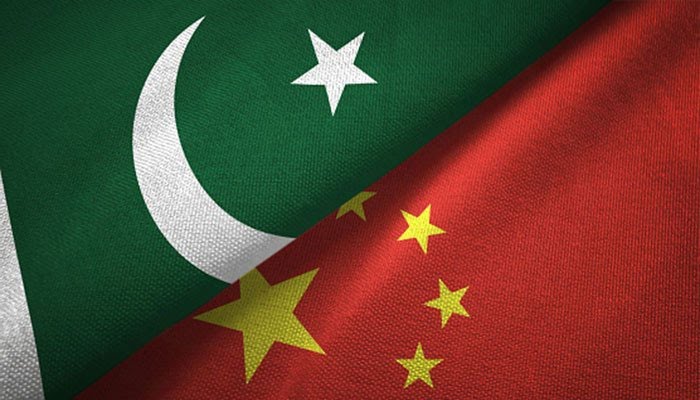Islamabad, Nov 27: Pak-China B2B Meeting Aims to Boost Cooperation in Animal Fodder, Fruits, and Vegetables. The Pakistan-China B2B Conference in Beijing concentrated on the animal feed and fruit and vegetable processing industries to strengthen economic cooperation and investment links between the two nations.
Over 200 business group representatives from Weifang, Qingdao, Karachi, and other Chinese and Pakistani cities attended the meeting, which saw the signing of 13 Memorandums of Understanding (MoUs) totaling RMB 250 million. These agreements covered everything from establishing joint ventures in Pakistan to importing seafood, citrus, and animal feed from Pakistan to China.
Representatives from Pakistan gave thorough explanations of the country’s investment prospects in the fruit and vegetable processing and animal feed industries. They emphasized the benefits for international investors, including 100% foreign ownership, unfettered profit and dividend repatriation, and zero import tariffs on factory gear and equipment.
“Competitive advantages in tariffs, labor costs, and raw materials could increase profit margins for businesses by up to 4.6% in fruit and vegetable processing,” said Ghulam Qadir, Commercial Counselor at the Embassy of Pakistan. Profit margins in the animal feed industry could increase by up to 3.6%, especially in the manufacturing of additives and supplements.
He underlined that the Pakistani government is dedicated to fostering a more welcoming business environment and has already tackled problems like the difficulties Chinese enterprises have with remittances. Mian Saeed Ahmed Fareed of Legend International Pvt. Ltd., a seafood exporter to China based in Karachi, told a CEN reporter that he is happy to have reached a deal with a Tianjin, China-based importer to ship aquatic items to China.
Following COVID, we have been exporting 700 800 metric tons of seafood each year to China, including croker, ribbon fish, squid, cuttle fish, and more. He claimed that the demand for seafood in this sizable market has become more varied in recent years.The potential in bilateral markets, knowledge transfer, and raw material commerce is highlighted by a representative of a fodder company situated in Weifang, China’s agricultural center.
“We have opportunities for cooperation because of Pakistan’s low labor and machinery costs,” he stated. “Her association is planning to bring a delegation of Chinese tea companies to visit Pakistan for the establishment of joint processing plants and warehouses,” disclosed Tang Yaping, Director of the Tea Industry International Department, China Association for the Promotion of International Agricultural Cooperation.
Zhu Qianqiu, President of Cross-Border Trade Development Committee, China, told to reporter that his Committee was working for the construction of a zero-tariff zone in Pakistan for the trade of bilateral commodities.According to information, this is the third sector-specific B2B meeting between Pakistan and China this year; the first was for fisheries companies in Qingdao, the second was for footwear companies in Guangzhou, and the fourth is scheduled for Suzhou in December.
